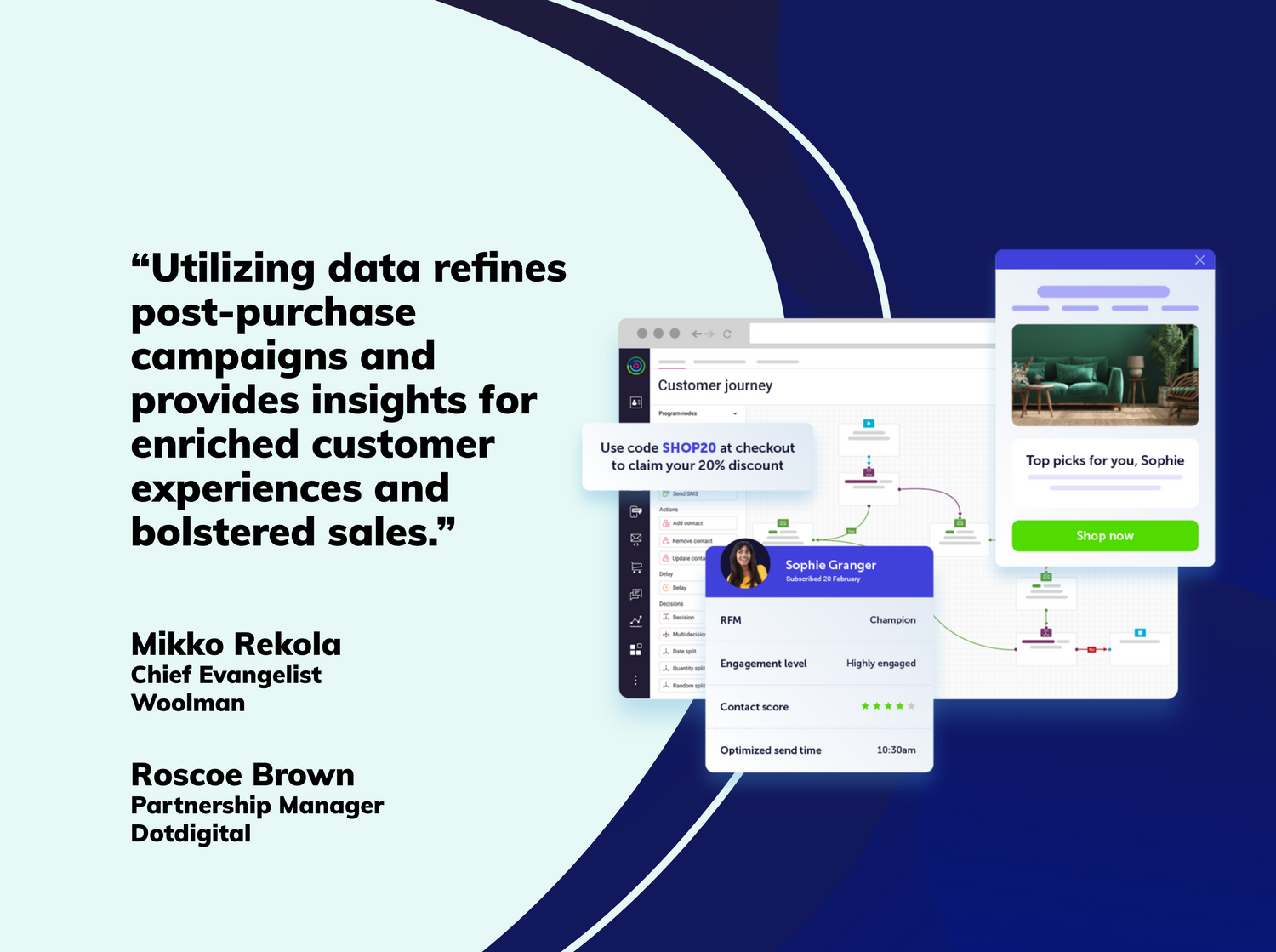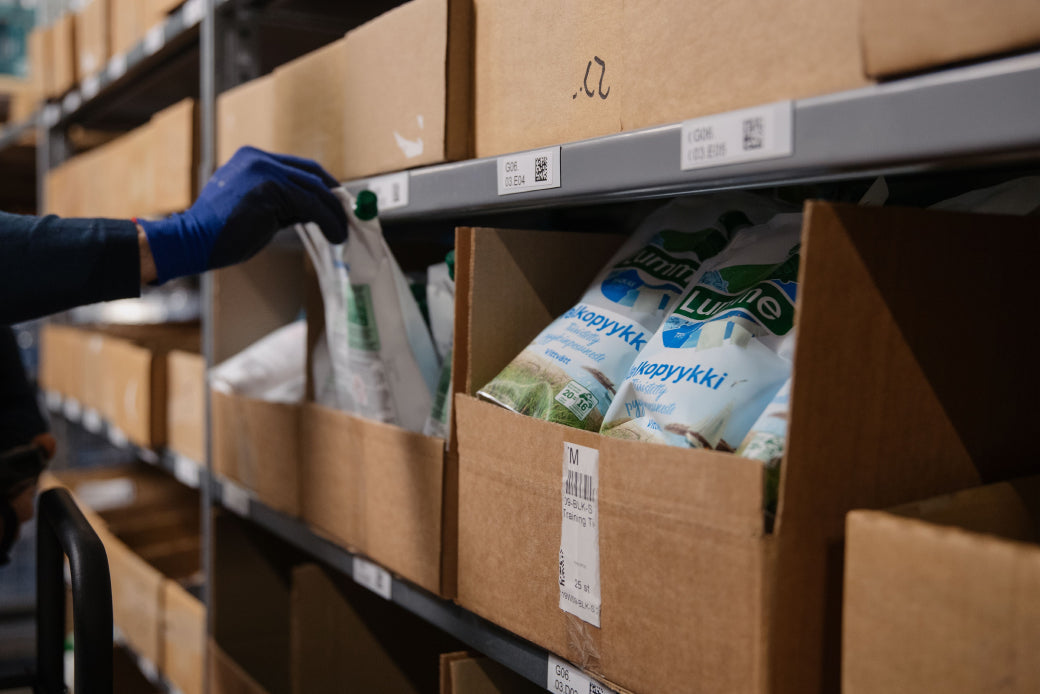
I’m growing all sorts of veggies and herbs in my garden. Some plants seem to thrive, whereas others die? What could I be doing wrong?
My gardening experiments are similar to growth hacking. The growth of my tomatoes, strawberries, and green onions can only thrive in the right conditions.
Much like gardening, growth hacking is all about creating an optimized environment to reap fruits. By knowing your plant (aka target audience) and by optimizing other contributing factors, you'll be able to reap the rewards.
Like any business owner or amateur gardener, you like to see results. You like to see that your hard labor was a worthy investment. This can only be achieved by having an agile mindset and taking the right approach.
Digging into your customer's psyche

Imagine this, we are standing in your garden. You like to dedicate a small plot of your garden to creating a vegetable garden to sustain your family.
Would you just plant two tomato's crops? No. You wouldn't - you would do the research. You'll make the most out of a small plot, so your fruits and veggies grow to its full potential – now that’s growth hacking.
The phrase “growth hacker” was first coined by Sean Ellis in 2010. According to Sean, “A growth hacker is a person whose true north is growth. Everything they do is scrutinized by its potential impact on scalable growth”.
Much like my veggie patch, growth hackers do a lot of digging. They look at your product:
- What are you selling?
- To whom are you selling (are there any untapped markets)?
- Why would a consumer choose you, instead of a competitor?
- How do you bring customers back, when they seem to give up?
Basically, growth hackers dive deep into your entire customer journey. Only by digging into your customers' psyche and finding the right formula, growth hackers will know how to persuade customers.
This often supported through extensive research and testing. Ones a growth hacker is done with fine-tuning and testing what works – you go all in. This process will include analyzing data, customer acquisition cost, and scalable budget plans.
Test your way to success
Every plant is different and should be treated as such. Whereas some veggies prefer direct sunlight others do not. The same goes for your customers. The time when ‘one size fits all’ is out. Every company is different and so are its customers. Growth hackers will need to pull from psychology, statistics, A/B tests, user experiences, and much more to achieve results.
The stories you hear about growth hacking strategies like Facebook and Airbnb, should inspire you to act – but do remember – your company is not like Airbnb in 2008. Times have changed. You can’t repeat the success of others. Those APIs have been removed by now.
Don’t waste energy by replicating the same strategies that worked a decade ago. E-commerce is always changing – you'll need an agile approach too.
When I plant a seed, I may know what kind of vegetable it’s going to produce, but there is no guarantee if the seeds will sproud or even survive. I need to take it week-by-week, nurturing my plants. Only by knowing my plants well and playing into that information, I’ll create a luscious green garden patch.
Impact of COVID-19 on eCommerce

2020 threw us a curveball - a pandemic. Something that up-to-this point couldn’t be analyzed – let alone be anticipated for. Whereas some industries flourished others had a seriously tough time, even retailers.
If anything the pandemic served as a reminder that businesses of the future need an agile mindset. For start-ups, scale-ups, and even large businesses. Adapting to new data-driven strategies is the only way forward. It’s the only way to fully reap the rewards.
External factors like worldwide pandemic change a customer’s behavior. They spend more time online, more time researching, and are less likely to cancel subscriptions. Use that knowledge to your advantage.
Bringing the right customer to the yard
It may seem a bit overwhelming, but it’s the reason why new startups grow with absolutely ridiculous rates. And why you should hop aboard the growth hacking train.
Like my garden patch, I have limited time and resources as a startup. I simply cannot plant 27 plants if I only have space for 3. Otherwise, none of the channels will get the attention they will need. The same applies to growth hacking.
A good growth hacker will set up different integrations and know which tools to use to avoid wasting time. That way a growth hacker will be able to bring the right customer to the yard.
Misty Pathuis / Woolman Amsterdam



















